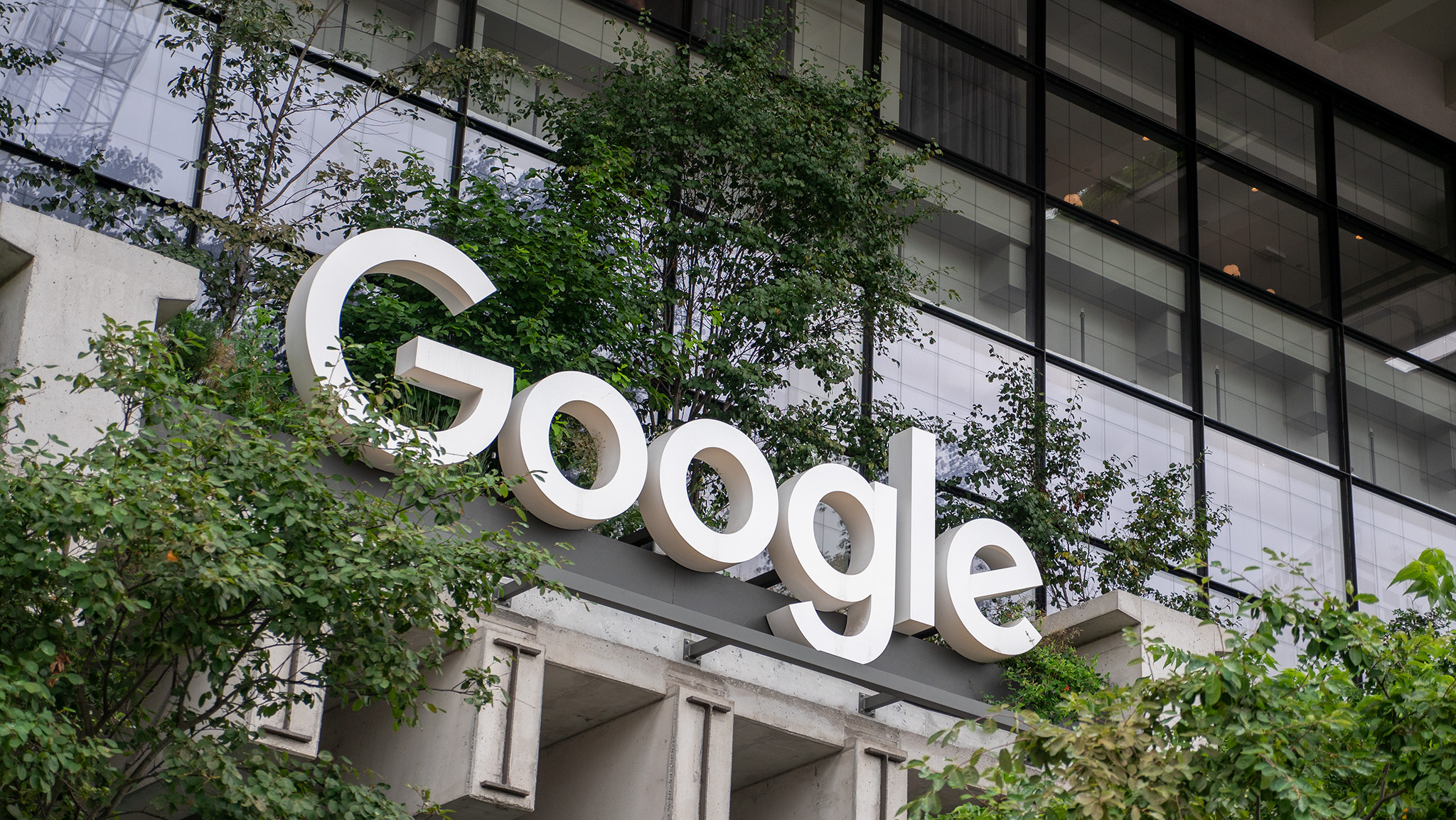
What you need to know
- U.S. District Judge Leonie Brinkema reportedly found that Alphabet, Google's parent company, has turned its ad-tech space into an illegal monopoly.
- Brinkema states this ruling concerns the "advertising exchanges and tools" needed to sell ad space, rather than purchase display ads.
- Google defended itself, stating publishers have "many options," but choose it over the competition due to it being "simple and affordable."
- Google's words this week echo the case's earlier reports late last year when the DOJ claimed it was "once, twice, three times a monopolist."
It seems a U.S. federal judge has finally delivered their ruling regarding the antitrust case against Google's alleged monopolization of ad space.
Leonie Brinkema, a US District Judge, reportedly declared Thursday (Apr. 17) that Alphabet, the parent company of Google, violated antitrust laws for advertisements. Bloomberg brought the ruling to light, adding this violation concerns "advertising exchanges and tools used by websites to sell ad space."
However, for the other side of this case, which focuses on buying display ads, Brinkema reportedly states Google "didn't meet the definition" of a monopoly.
Ads are a key aspect of Google's business and its practices with it, which is why the US government has looked into its "monopoly power." To that end, Brinkema stated Thursday that Google "willfully engaged in a series of anticompetitive acts to acquire and maintain monopoly power in the publisher ad server and ad exchange markets."
The judge says Google has only bolstered its monopoly power within the ad space by "depriving rivals of the ability to compete." Brinkema states that not only did this obscure potentially "desirable" products from its publishers, but it also violated the competitive process.
Meanwhile, Google defended itself by saying, "Publishers have many options and they choose Google because our ad tech tools are simple, affordable, and effective."
Google's Antitrust Battle

This case isn't done yet. Judge Leonie Brinkema's involvement was to determine if this ad monopoly case had merit. Since part of it reportedly does, Brinkema has informed the parties involved that they will seek a remedy by "separating the court proceedings."
This determination of merit started last year in November when the DOJ (Department of Justice) said Google is "once, twice, three times a monopolist." During the closing arguments of the antitrust case regarding Google's ad-tech business, U.S. lawyers claimed the company was running a monopoly due to its acquisition of Doubleclick, an advertising company. Again, Google stood with its practices, stating the DOJ proved "the exact opposite" of its accusations.
Google's defense argues that its "conduct is a story of innovation in response to competition" and a prime catalyst behind its $31 billion in revenue in 2023, thanks to a healthy market.
Alongside this ad-tech space monopoly case was the search monopoly court case. The DOJ has pushed Google to sell Chrome after a judge found the company guilty of running an illegal search monopoly. The judge is also urging Google to separate Android from Search and Play and rework its data licensing.
Bloomberg adds that a new trial will begin Monday (Apr. 21) to determine a remedy for this situation.







